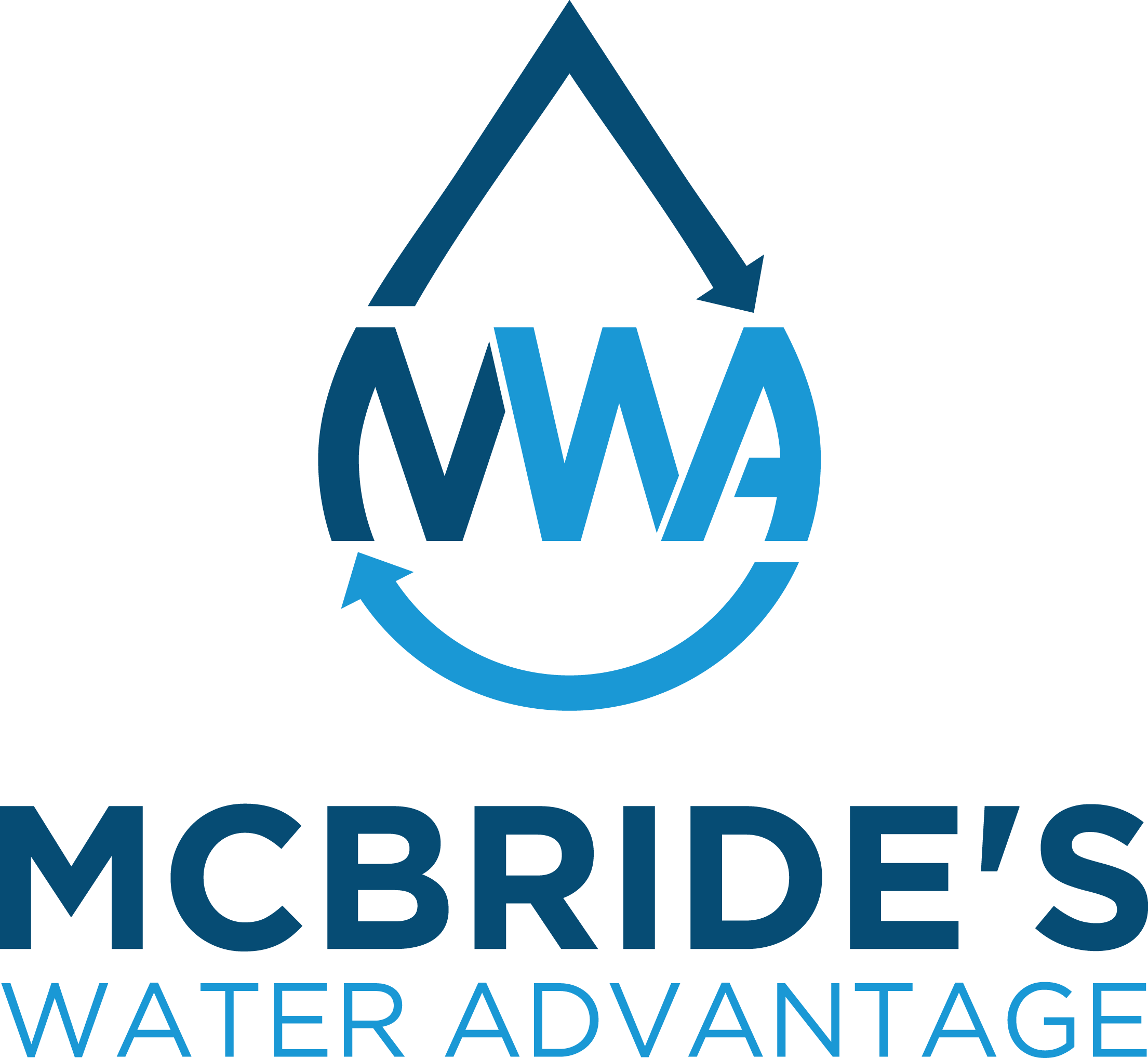 Lead is one of the most dangerous contaminants that can be found in the water in New Hampshire homes. The metal can affect your health even at small doses, and it is especially problematic for young children and infants. We want to ensure you have all the information you need about protecting your family from lead-contaminated drinking water, so today we’re going to talk about how lead gets into tap water, the health effects that it can cause and what you can do to remove traces of lead from your home’s water supply!
Lead is one of the most dangerous contaminants that can be found in the water in New Hampshire homes. The metal can affect your health even at small doses, and it is especially problematic for young children and infants. We want to ensure you have all the information you need about protecting your family from lead-contaminated drinking water, so today we’re going to talk about how lead gets into tap water, the health effects that it can cause and what you can do to remove traces of lead from your home’s water supply!
How does lead get into drinking water?
Unlike many other types of water contaminants, lead rarely originates in source water supplies like rivers, lakes and private wells. Instead, lead leeches into water that travels through old and corroded pipes that are made of the metal.
For thousands of years, lead was the most commonly used material for both public and residential water pipes. By the 20th century, scientists and researchers began to discover the dangerous health effects of lead and efforts were made to stop using the metal for plumbing materials. The Safe Drinking Water Act of 1986 officially banned the use of lead for new pipes.
If your home was built prior to 1986, there is a good chance that it either has lead pipes or pipes that use lead solder. When water travels through lead pipes, especially when the pipes are older, lead from the pipes can leech into the water that you drink. This problem is made worse if your home has acidic water, because the corrosive properties of acidic water will increase the amount of lead pipe materials that leech into your water.
In addition, much of our nation’s water infrastructure is over 100 years old and still uses some lead pipes. So even if your home doesn’t have lead pipes, the metal can get into your water if your city has an older water delivery systems.
What are the health effects of drinking water that contains lead?
Lead is an extremely toxic material, and it can cause serious and sometimes permanent health effects in people who are exposed to it. Those health effects include:
- Damage the brain, kidneys, nervous system, red blood cells and reproductive system.
- High blood pressure.
- Permanently impaired mental and physical development in children.
How can you remove lead from your home’s water supply?
You can remove lead from your home’s water supply by installing a residential water filtration system. McBride’s offers a number of different systems that are very effective at removing heavy metals like lead from your water.
If your water already contains lead when it reaches your home, you will need to install a whole house filtration system so that the metal can be removed as soon as water enters your home. If your home’s pipes use lead materials, you should also consider installing a point-of-use system at any of the taps that you use for drinking or brushing your teeth. A point-of-use system will remove lead from your water right before it leaves your taps, so it can address any lead that originated from inside of your home’s own pipes.
If you have any questions about lead in drinking water, or if you’d like a water system serviced or installed in your home, contact McBride’s Water Advantage, your water softener and water filtration system dealer in Epsom, NH. We provide service all over New Hampshire, including towns like Alton, Hooksett and Barrington, NH.
photo credit: rickyromero via photopin (license)
